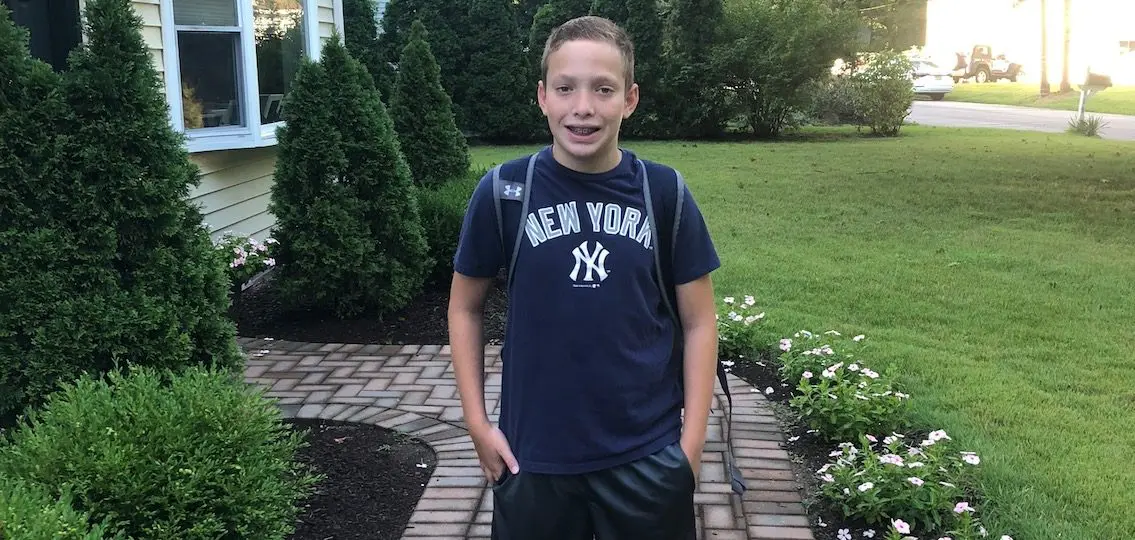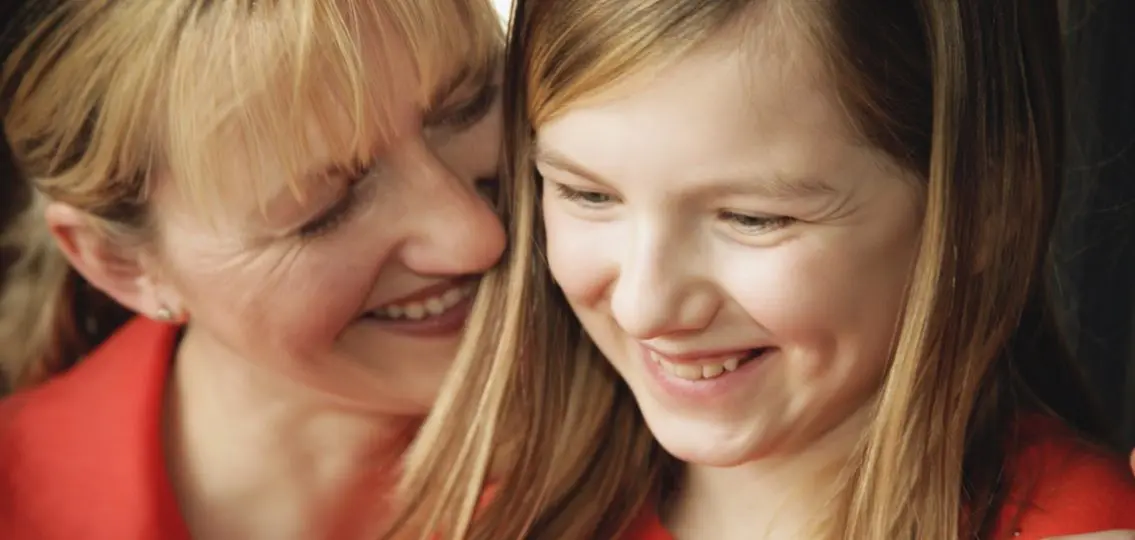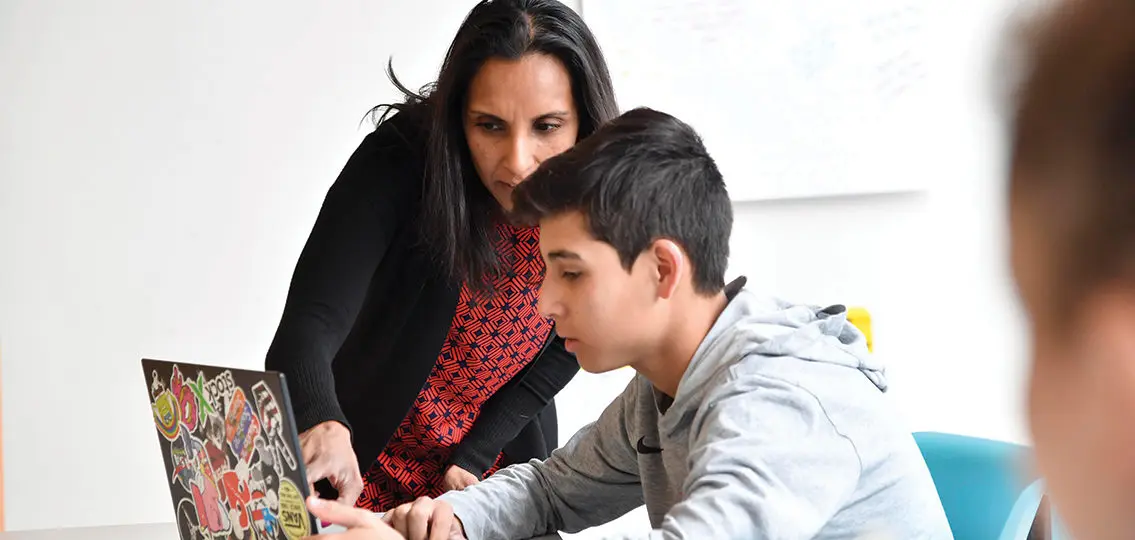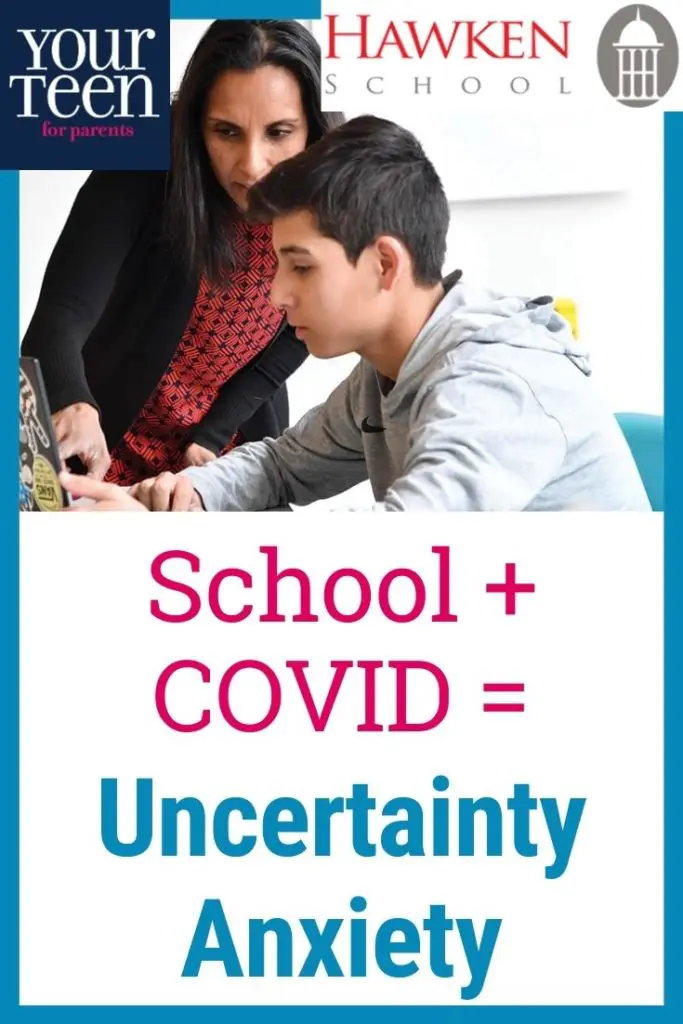There may be no element of life that has been more impacted by the coronavirus pandemic than schooling. Plans seem to change by the day, if not the hour. We all know that fear of the unknown can give rise to anxiety. And if all of this back and forth has given parents “uncertainty anxiety,” imagine how apprehensive our kids feel. Yet experts agree that with a little guidance, your teenager can prepare for change—and build resilience that can last a lifetime.

Tips to Help Teens Cope and Build Resilience This School Year.
 Talk about it
Talk about it
It’s hard to discuss your child’s fears if you’re also feeling nervous, shares Nicole Pucci, a school psychologist at Hawken Upper School in Gates Mills, Ohio. So study your school’s plans and come to terms with them. “Make sure you’re in enough emotional control to be able to respond appropriately to your teenager, who has their own concerns,” Pucci says.
Teens’ worries are likely to vary by grade, shares Ashley Poklar, who is also a school psychologist at Hawken. Last spring, “many seniors’ feelings were tied to the loss of normal senior activities, whereas juniors were worried about whether they’d be able to get their SATs and ACTs done,” she explains. Freshmen might worry about how they will make friends, and sophomores might fret about missed social events.
It’s okay to admit you don’t have solutions to all the issues your teen raises. Simply let them express themselves. “Not allowing kids to talk through their thoughts and feelings just because we can’t fix it for them is not doing them any favors,” Poklar says.
Be upbeat—but realistic
As school nears, focus on the positives, recommends Laura Gray, a clinical psychologist at Children’s National Hospital in Washington, D.C. “Tell your teen, ‘You’re still going to see your teachers and interact with your school friends—just in a different way,’” she says.
Dini Merz, of Falmouth, Maine, tells her son Ryan, a sophomore, to “look for the anchors, the things you can grab onto even when everything around you is swirling,” she says. “Your family is an anchor. Your favorite academic subject is an anchor. So are some activities you enjoy outside of school, like skiing. These things will still be there for you.”
| [adrotate banner=”202″] |
Merz has also told Ryan that unlike last spring, when everyone thought the upheaval would just be temporary, dealing with uncertainty is a longer-term reality. “I’m trying to get him to see that ‘shift happens,’ and he has to go with the flow. I think that’s given him some measure of anti-anxiety,” she says.
Make mental health a priority
Pare down your expectations of trying to plan out a full school year, Pucci says. Instead, she recommends, “have a plan for how you’re going to approach the first three weeks.” Tell your child what you think school will be like and what the backup plan is. Prioritizing mental health over academics makes sense, says Pucci. “If we’re emotionally healthy, then we’re going to be able to lean into academics better.”
Pucci suggests having a celebratory event at the end of the first week, whether it’s just fun with your family, or a socially-distant activity that teenagers can do, to lift everyone’s spirits. It’s also helpful to encourage and model mindfulness techniques like deep breathing, journaling, or exercising, says Poklar. “It can help to tell your child, ‘This is what I do when I feel worried or frustrated.’”

And of course, be sure to monitor your teen’s moods through this transition, says Gray. “If they seem really sad, really down, or so anxious and tired that they can’t focus or do their studies, reach out to your pediatrician or to a mental health provider for more support as needed.”






